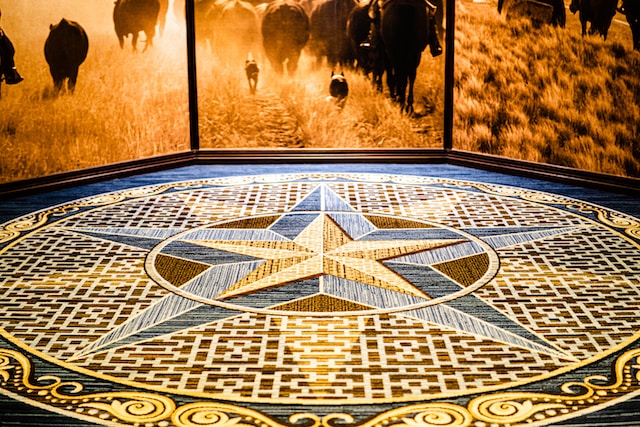
how to tell if you re native american
Sign of solidarity with Native American communities
Have you ever wondered if you have any Native American ancestors in your family tree? It can be a fascinating journey to explore your genealogy and discover the rich cultural heritage that may lie within.
To determine if you have Native American roots, start by looking into your family history. (If you haven't already, it's never too late!) Check old records, talk to relatives, and dig through any historical documents or photographs that may provide clues.
Keep in mind that not all Native American ancestry is easily traceable or documented. (So don't get discouraged if you hit a dead end.) Sometimes the information can be sparse or incomplete, making it challenging to definitively confirm indigenous heritage.
If you do uncover evidence of Native American lineage, consider reaching out to tribal organizations or genealogical societies for guidance on further research. They may have resources and expertise to help validate your findings and connect you with your ancestral roots.
Remember, exploring your heritage is a personal journey that can bring depth and meaning to your identity. Whether you find Native American ancestors or not, the process of discovery can be enriching and enlightening. So dive in, embrace the mystery, and see where your family history takes you!